Articles
Leaders today face a world on fire, demanding constant adaptation and creative reinvention. Psychological safety is the essential tool for this shift—not as a "comfort zone," but as shared permission for candor. Here is how leaders can practically foster a culture where teams are safe to fail, imagine, and leap together.
What if creativity wasn’t just something a few people do—but the way your entire company thinks, decides, and works? In this episode, Ivan Pols argues that the most effective organizations don’t isolate creativity—they operationalize it.
Daisy Crowder at Craft Agency interviews me about my experiences in agency and in-house studios. Specifically getting my opinion about generational talent and how we all work together.
The work that will be showcased on the Future Focus stand demonstrates a lot of the tools that are really making an impact on how production is done today, combined into new workflows. Like an LLM being used to create a script that is then fed into ElevenLabs, which is then fed into a rendering engine to create a video of clothing. “The use of connected software components to generate video content at scale is quite exciting,” Ivan enthuses. “That kind of workflow – stitching together different bits of tech – is really interesting.
The what3words chief creative officer discusses in-house design culture, linking his work to business impact, and why his team has a "no big reveals" rule.
An interview that was written but doesn’t seem to have been published by Forum Media. So here it is, covering ways of working, my agency life, what3words, Truth & Spectacle, and what I think about work and creativity.
When it comes to defining what a brand is, Ivan explained it as ‘a collection of bits of information’–everything people are hearing, seeing and experiencing, most likely things that don’t originate from your organisation, that become your brand. It's alive!
Your brand is also part of your creative culture that helps you innovate and adapt as you through the variety of problem solving exercises that you’re going to have to go through as an early stage business.
The most important chart in the company shows usage and revenue plotted over time as a line. It's a very simple graph that shows how all the work we do accumulates value, and the CEO needs the line to go up and to the right. The in-house team must contribute to that line moving in the right direction using creativity.
When creative professionals change industry environment, we need to adapt how we work, not what we make. When that change doesn’t happen the in-house creative team can be sidelined, or in some cases I know of, retrenched.
By quietly building out a Create Function (which is just like a Finance or Sales Function) by applying good processes and practices, and by inviting everyone in, we seem to have positively influenced the business culture of what3words.
We needed to work in ways that were fit for purpose, not just comfortable or familiar. We took inspiration from our colleagues across what3words and reused language and concepts that were working for them rather than forcing them to adjust to us.
I felt it was important that a company, or any organisation, should have a Chief Creative Officer who sits next to the Chief Marketing Officer, the Chief Product Officer, or the Chief Technology Officer. If brand experience is valuable to the company, it only makes sense.
Brand coaches help organisations understand the stories that already exist within, make them visible to everybody, and get alignment and agreement on what their core story is.
We assumed that being ‘creative’ was something that teams and organisations wanted to be, but we quickly learned that it wasn’t that straightforward. Here are some thoughts about how people can experience creativity as an inclusive, more gentle force.
Just as conferences moved online, Alex talked with Glenn Wallis at his Success ID Club. She quickly changed her presentation and discusses how leaders can adapt themselves, and help their teams adjust, to the “new normal”.
There’s a basic truth about new strategies: people require space and permission to understand them and their relevance, while they’re under pressure to maintain the day to day business.
Great teams know how to ask the right questions at the right time. So how can we help teams ask better questions?
BBC Radio 4’s Analysis show spends some time looking at Maintenance and interviewed Truth & Spectacle’s, Alex Mecklenburg.
It doesn’t matter whether you design vacuum cleaners or brief in sales videos, every now and then you should ask yourself the question, “Where is the battle scene?”.
🦞Salvador Dali understood the power of a lobster to make a dull telephone absolutely memorable.
Katharina is a Business Psychologist and chatted to Alex about the difference between truth and purpose, the importance of getting your values right from the beginning, the facts about fluffy towels in travel plans, and eye implants.
Jonathan McKay joins Ivan Pols and Alex Mecklenburg to discuss how Girl Effect use brands to improve the lives of girls around the world, and the role of truth and spectacle in reaching them.
Silas Amos joins Ivan Pols and Alex Mecklenburg to discuss truth and spectacle in design.
Founded against a belief that creativity and innovation have to be rooted in an organisational truth to be effective, Truth & Spectacle’s mission is to help businesses drive their own creativity, because creativity drives business.
I believe we could do with less narrow minded rhetoric about who owns creativity and concentrate more on how we’re going to create.
Ivan was invited to talk at the Interact UX Conference which was held at The British Museum in October 2018. As the Creative Director of what3words he talked about the design journey, what they’ve learned and how they create a system for everyone to use with voice. You can watch the talk here.
Alex has been hard at work with DotEveryone and London City Hall on their digital leadership programme. She's having a fantastic time working with people who really care about leading with digital understanding and responsibility.

The Podcast
Conversations about truth and spectacle in industry and culture.
Listen on this site, or on Apple Podcasts, Spotify, Amazon Music and Stitcher.


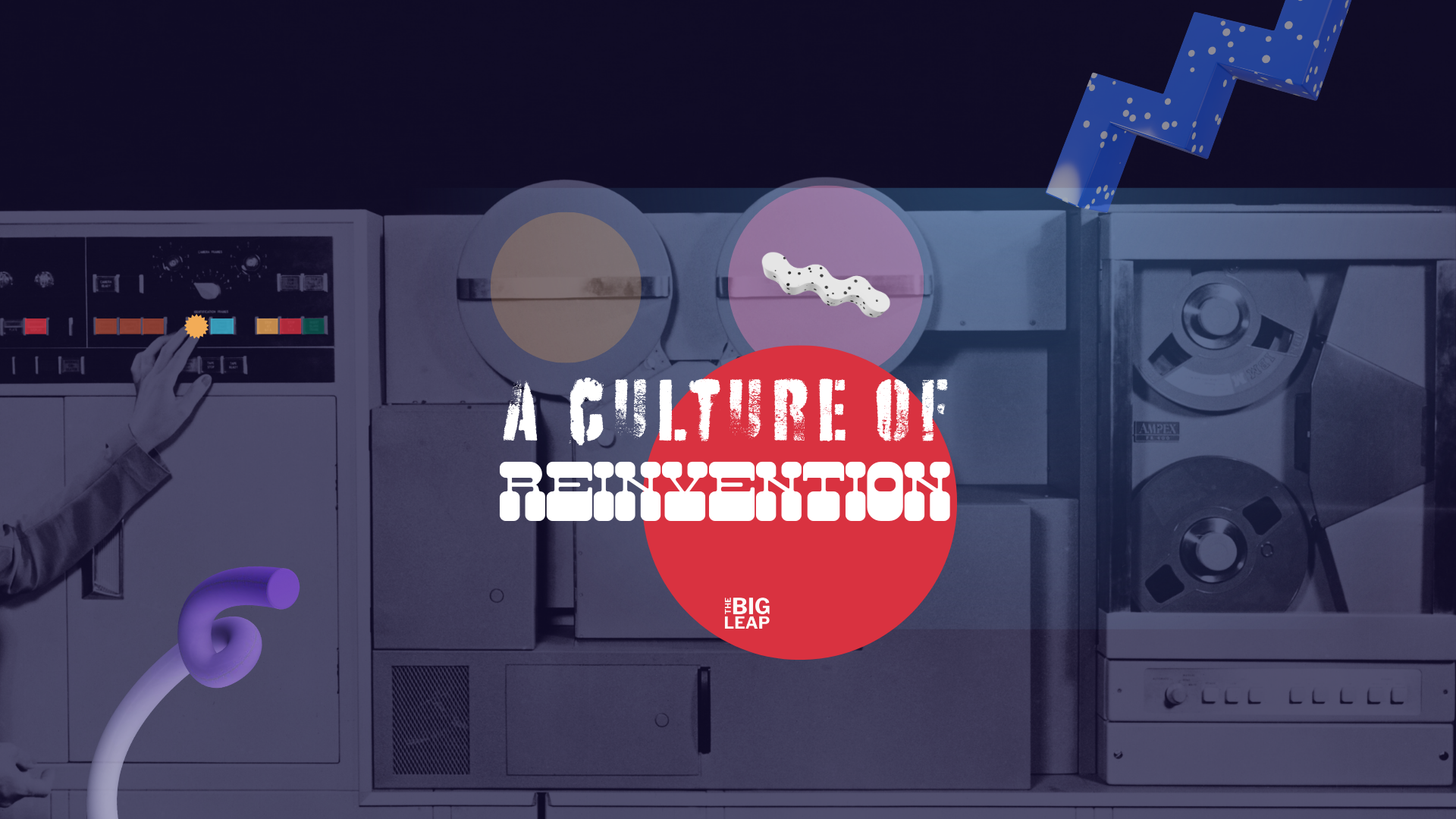











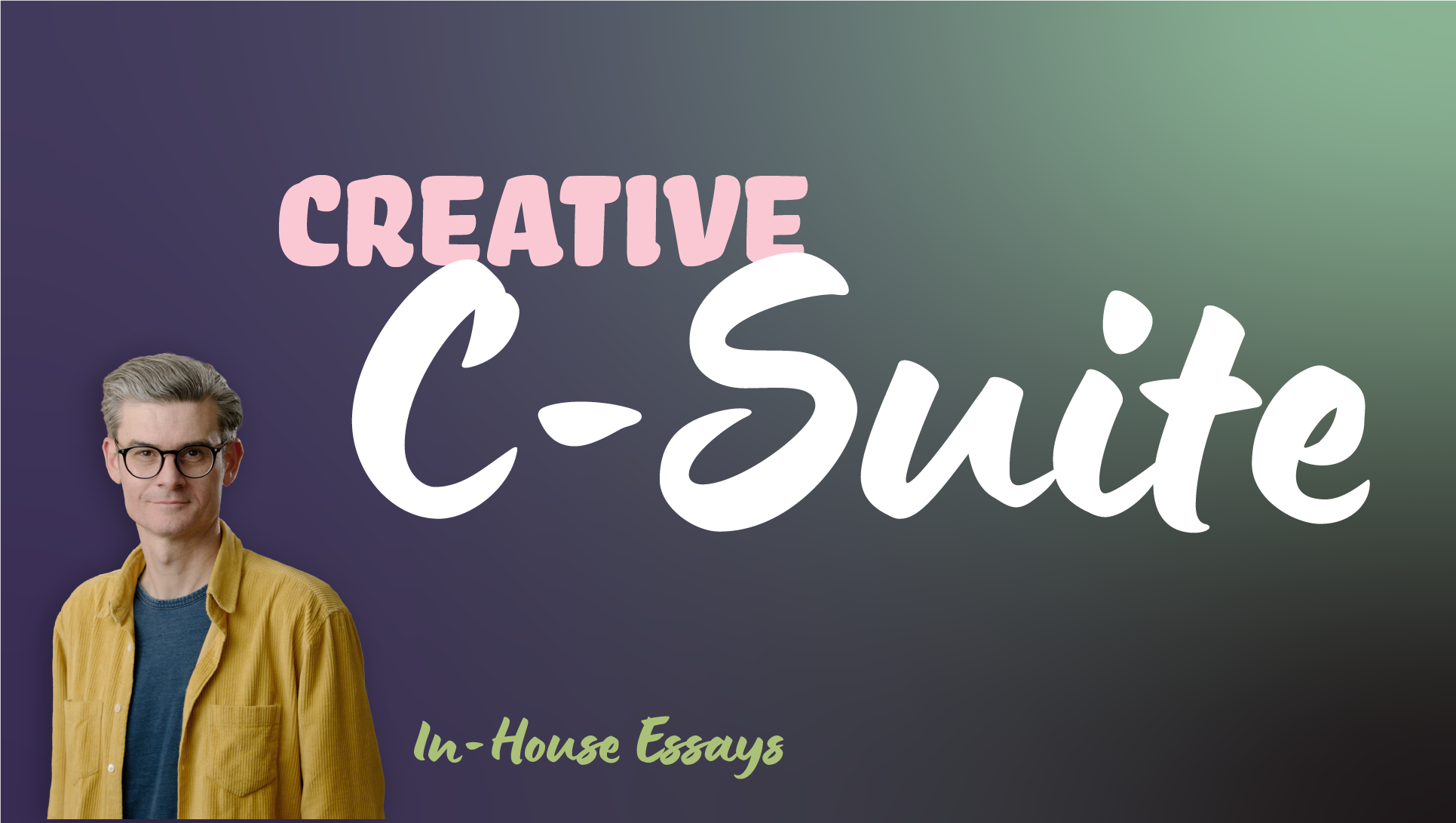






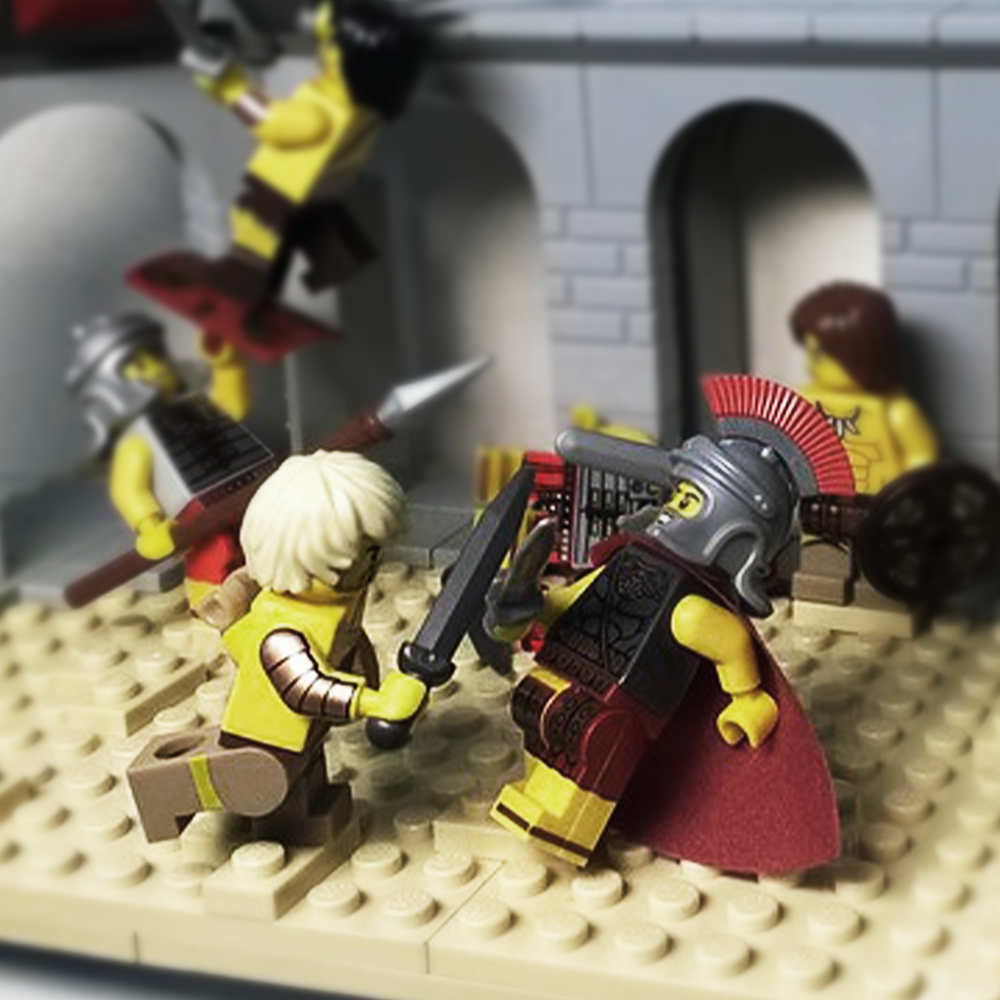
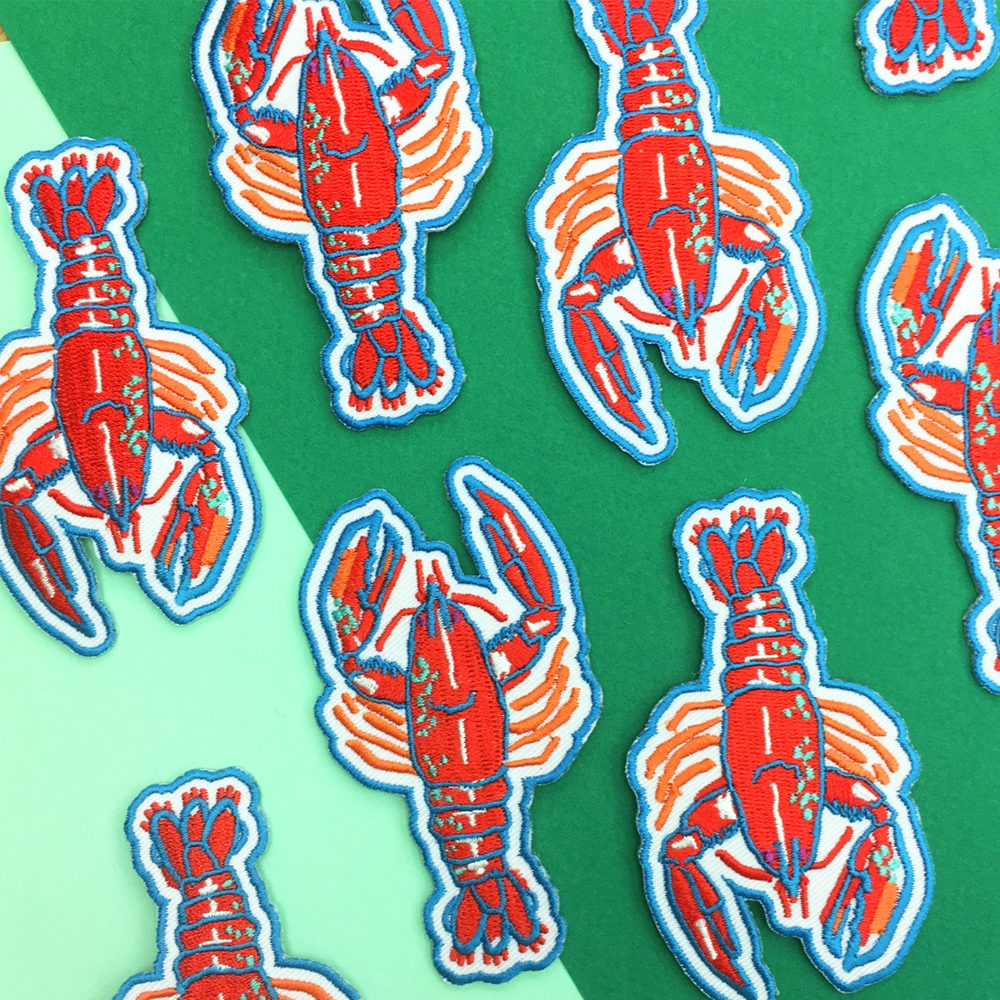
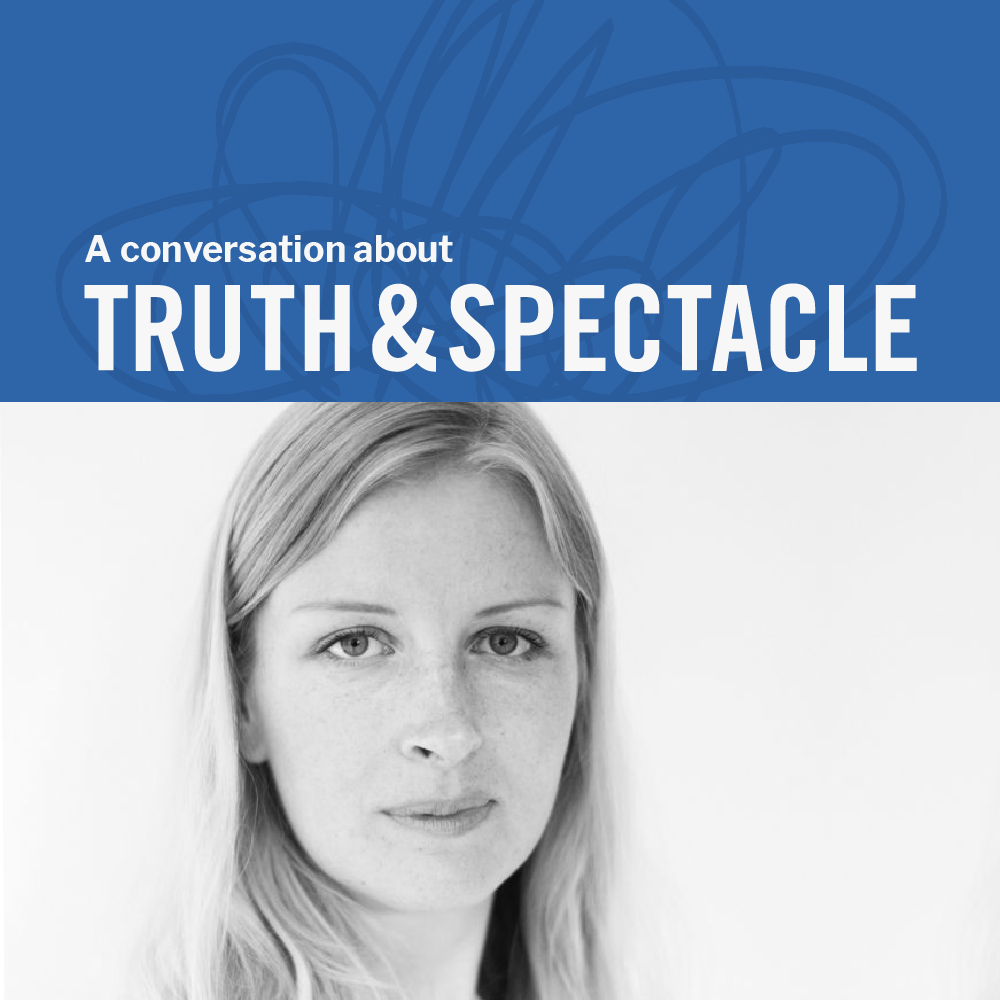







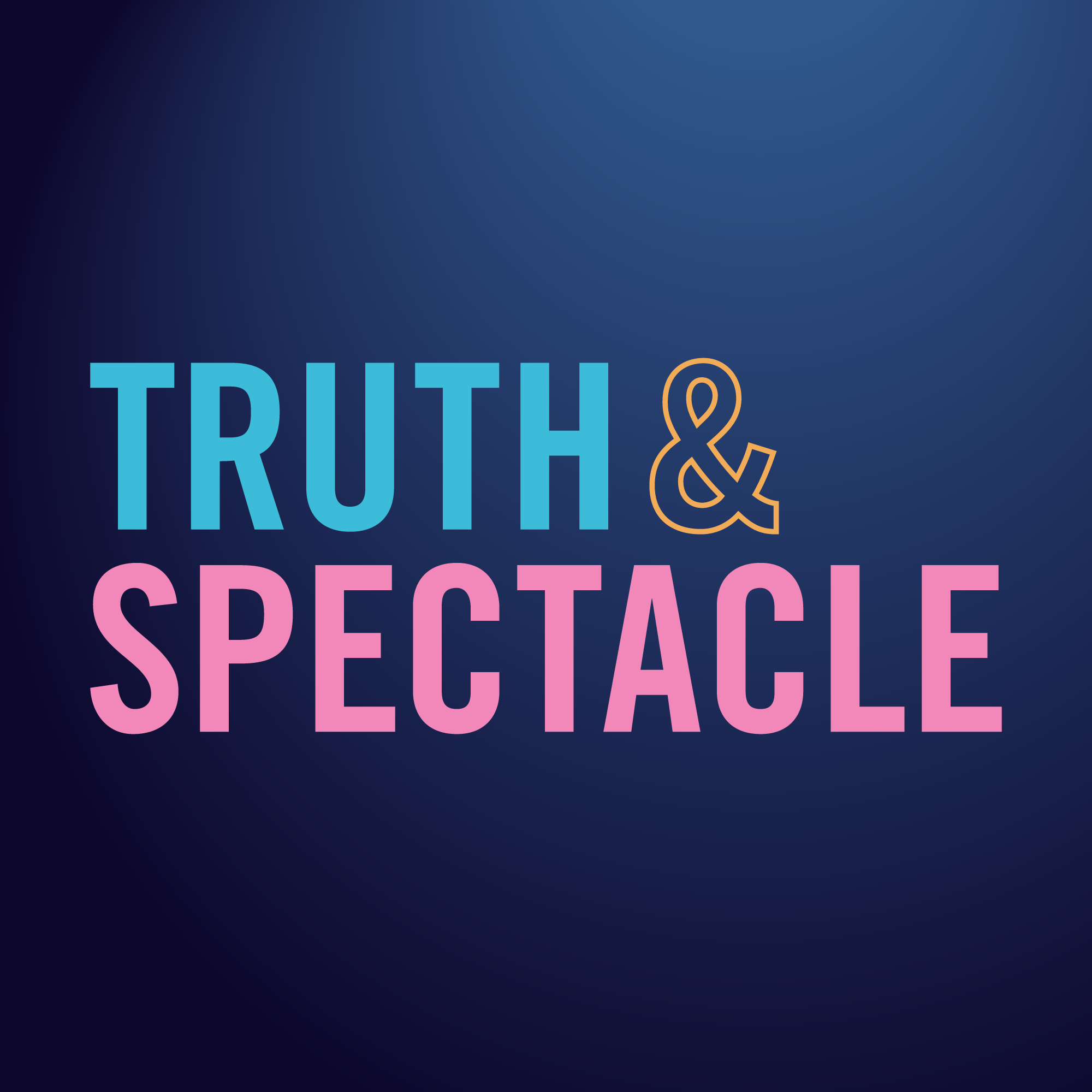



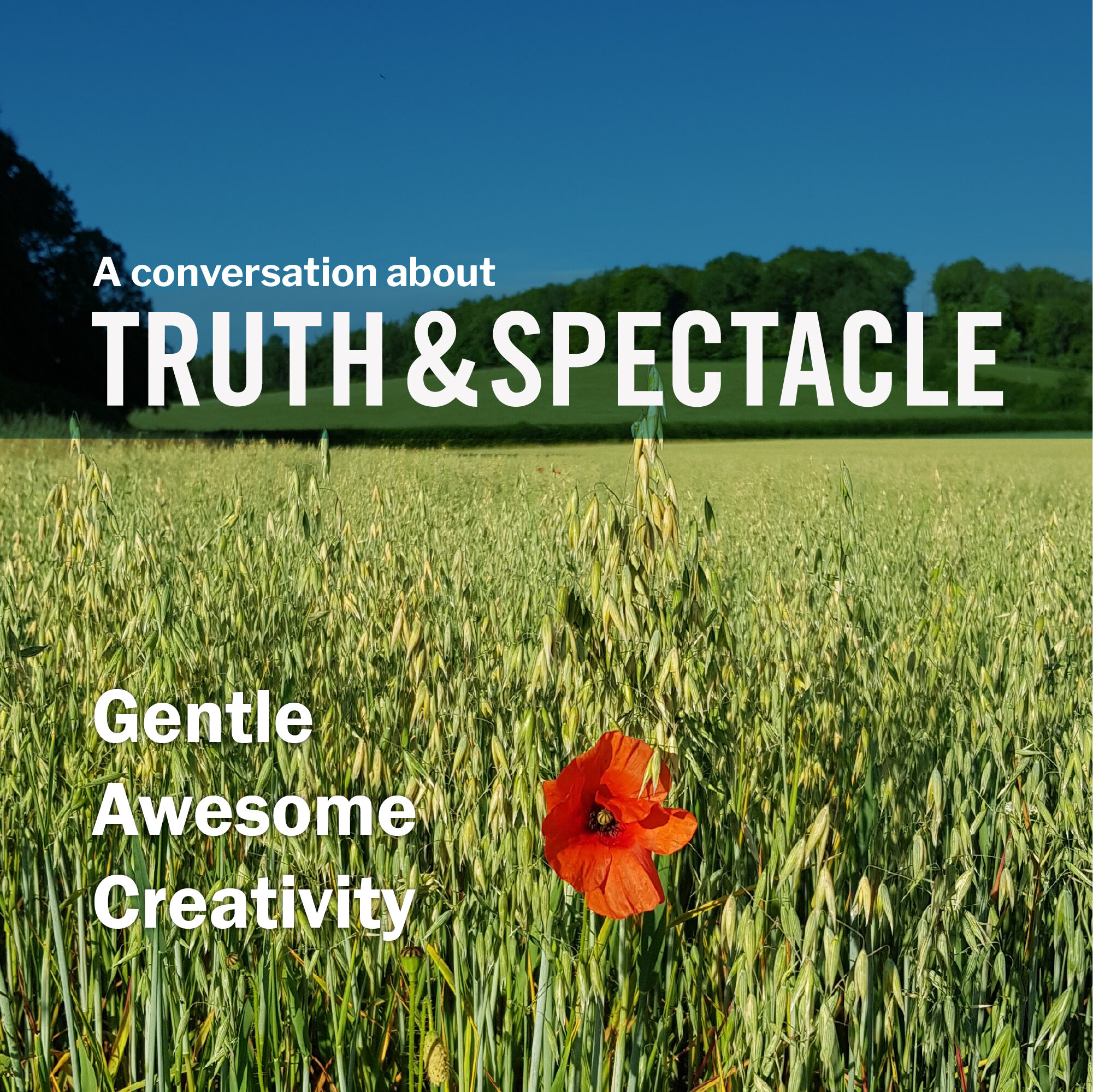







Is it important that everyone in a start-up contribute to creating and communicating the brand? The answer is fundamentally, yes. And this is why.